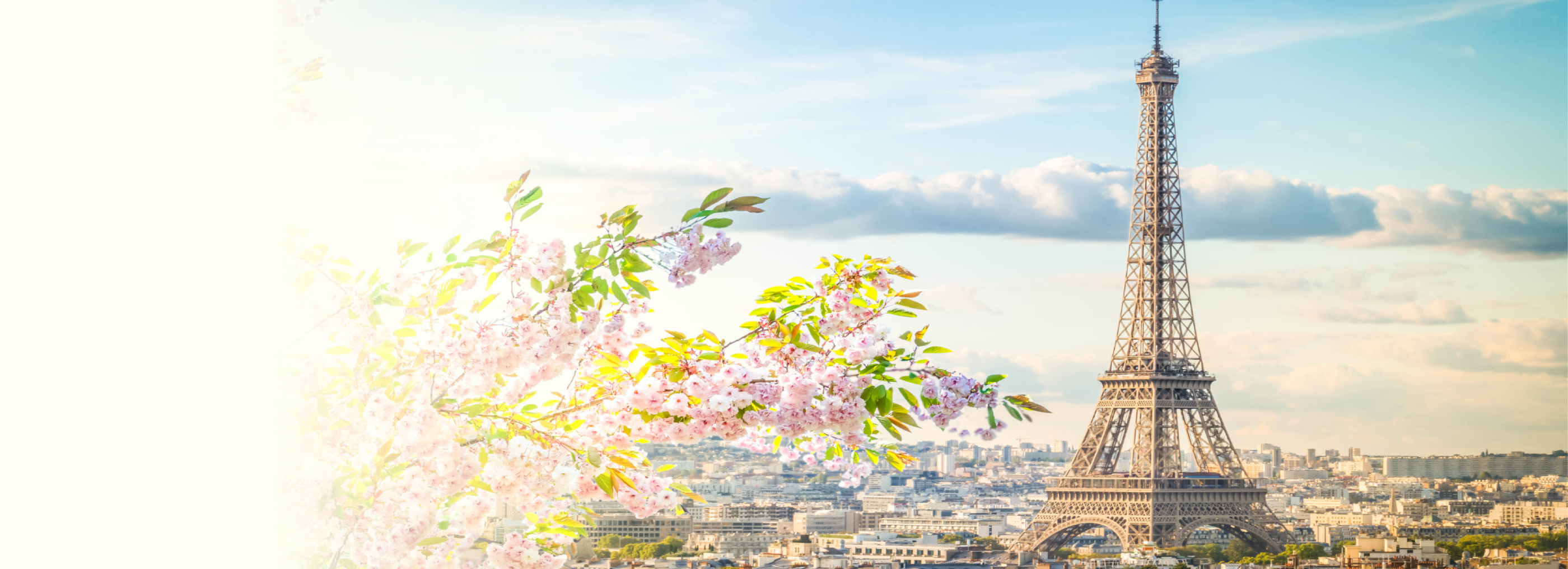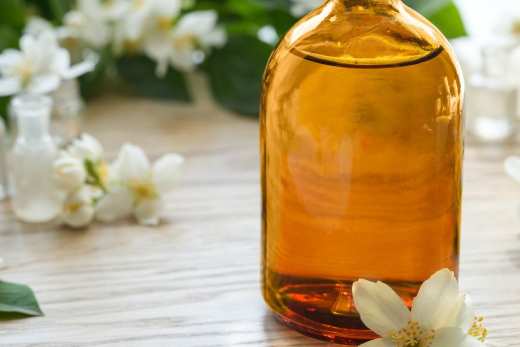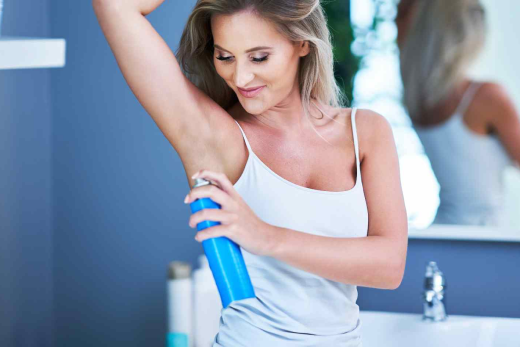
Want to create a perfume that reflects you? Making your own homemade perfume is easy and fun! By choosing natural ingredients and essential oils, you can customize your fragrance while avoiding chemicals. Follow our simple guide to learn how to mix, test, and adjust your perfume for a unique result perfectly tailored to your tastes.
Why Create Your Own Perfume?
Creating your own perfume offers many benefits. It is a cost-effective solution that allows you to save money while having fun. In addition to being a creative activity, making a perfume at home gives you the freedom to choose natural ingredients that are gentle on your skin and the environment. Unlike industrial perfumes, which often contain chemicals, a DIY perfume is entirely customizable, from the composition to the scents. You can avoid common allergens and design a unique fragrance that reflects you while controlling its quality and origin.
Steps to Create Your Perfume
Making your own perfume at home is simple by following these easy steps. You will need some essential oils, alcohol, and glass bottles to get started.
Step 1: Choose the Top, Heart, and Base Notes
For a balanced perfume, select the following ingredients:
- Top notes: light and fresh oils (e.g., bergamot, lemon) that evaporate quickly.
- Heart notes: floral or herbal oils (e.g., lavender, jasmine) that define the fragrance.
- Base notes: woody or gourmand oils (e.g., cedar, vanilla) that last the longest.
Step 2: Mix the Oils
In a glass bottle, mix about 20 drops of top note oil, 30 drops of heart note oil, and 10 drops of base note oil. Then add 30 ml of 90° alcohol to dilute the mixture.
Step 3: Let it Macerate
Once the mixture is prepared, close the bottle tightly and let it macerate in a cool, dark place for at least 48 hours, but ideally up to 4 weeks. The longer the maceration time, the more the scents will develop.
Step 4: Test and Adjust

After maceration, test the perfume by applying a small amount to your skin. If the scent seems too strong or unbalanced, adjust by adding a few more drops of the oil you wish to enhance. Let it macerate again for a few days before testing again.
Tips for Properly Storing Your Homemade Perfume
To prolong the life of your homemade perfume, it is essential to store it properly. A well-preserved DIY perfume can last between 6 months and a year. Here are some tips to optimize its storage:
- Use a dark glass bottle: this protects the perfume from light and prevents the oils from deteriorating.
- Store it in a cool, dark place: heat and direct light can alter the quality of the ingredients.
- Tightly close the bottle after each use: this prevents air from entering and altering the composition of the perfume.
By following these tips, you can enjoy your creation for a longer time and keep its fragrance intact.
Conclusion: Create Your Unique and Natural Perfume
Creating your own perfume is a rewarding experience that allows you to personalize every step, from choosing scents to crafting. By following these simple tips, you can develop a unique, natural fragrance that perfectly suits your tastes. Whether you prefer floral, woody, or spicy notes, the art of DIY perfume offers you endless creative freedom. Feel free to experiment with different ingredients to find the combination that best suits you. If you prefer to choose a pre-made perfume while enjoying authentic compositions, explore our selection of women's perfumes at Ulric de Varens.




